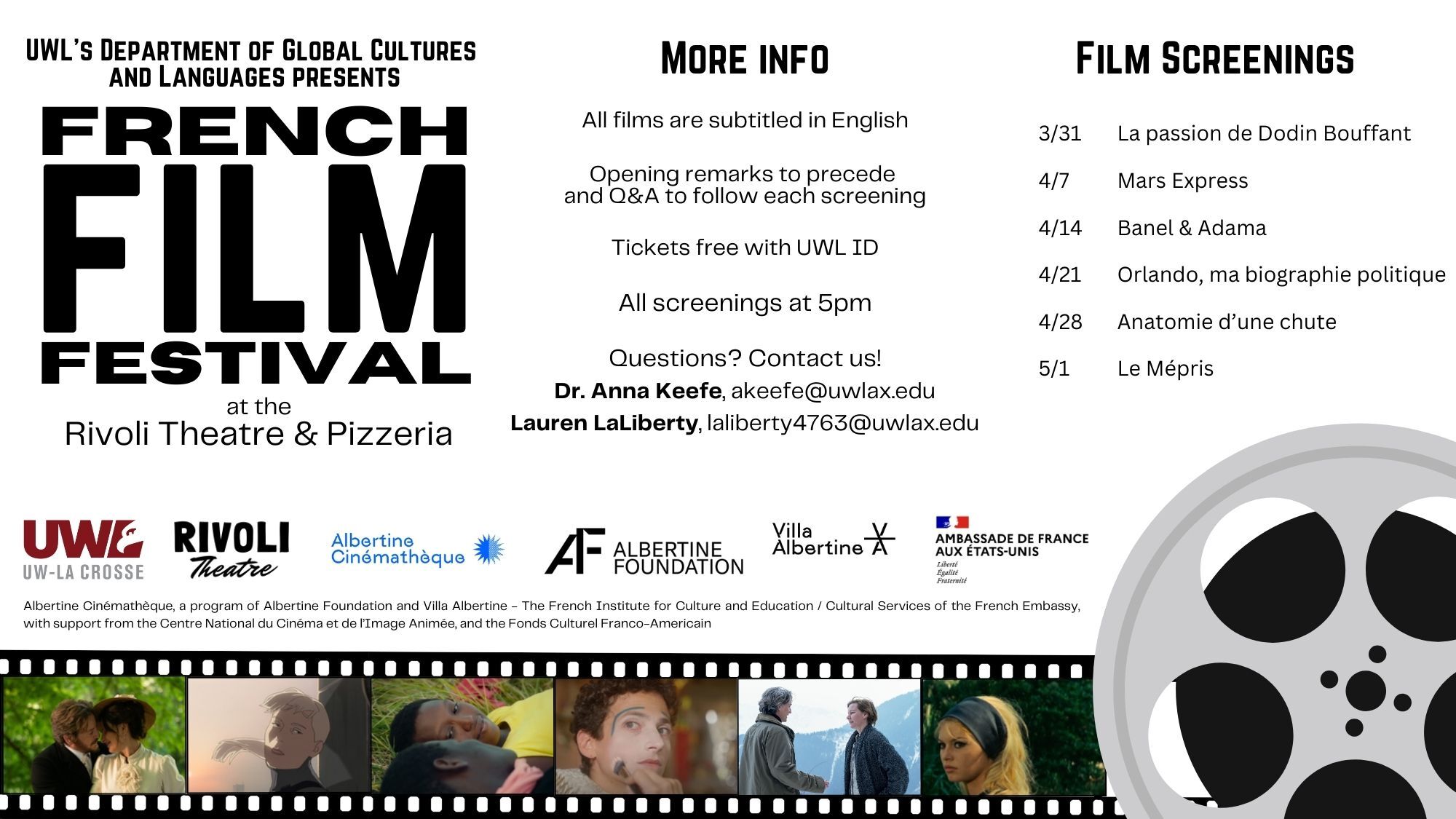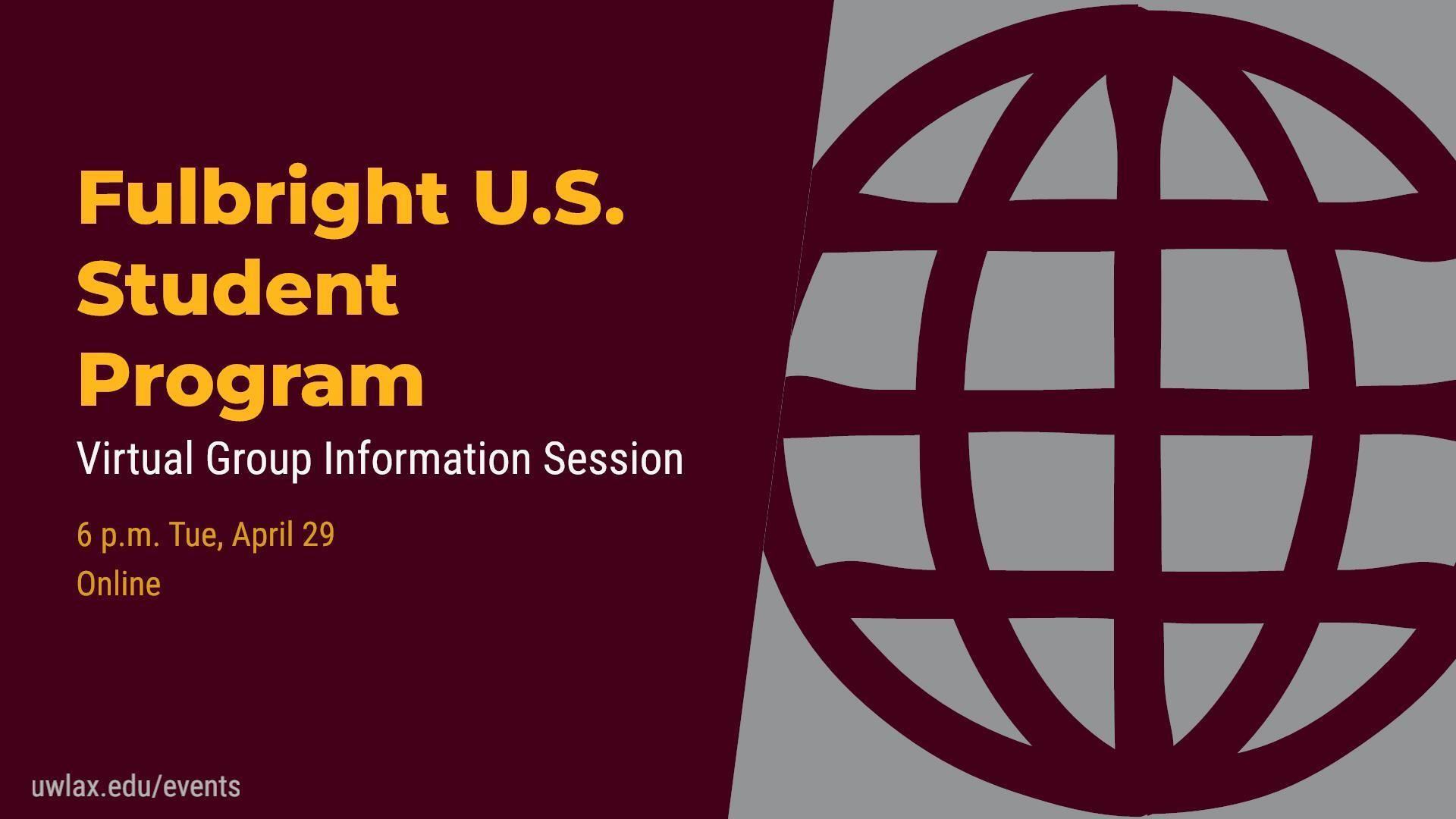Adult Learners & Nontraditional Students Abroad
A page within International Education & Engagement
While historically the term “nontraditional student” has referred to older students, that term nowadays encompasses much more than just age. A nontraditional student could be 18-year-old students who are going to college while having a full-time job, or taking care of an elderly relative, or even being parents themselves. It could be somebody who decided to go back to college, or even start college for the first time, years after graduating from high school. There are many scenarios where students could be identified as nontraditional students, but the one distinctive factor in all scenarios is that these students face additional struggles because of balancing other concerns with their academic lives.
If you are a nontraditional student juggling many responsibilities on a daily basis, it is easy to assume that studying abroad is not an option for you. However, did you know that there are short-term education abroad programs that only last a few weeks? For example, UWL offers faculty-led programs that could last as little as a week over Spring Break, or 4 to 8 weeks over Summer or Winter Break. Additionally, many of the education abroad providers we work with also offer short-term programs. So, do not miss out on this life-changing opportunity!
These are a few things to think about while you are trying to figure out what education abroad program you would like to pursue:
- How long am I able to be away? A semester or just a few weeks in summer?
- If you have a job, can I take a leave from my job? For how long?
- If you are a parent, will I be able to take my kids with me while I study abroad? How about my partner? Will they be able to come?
- Can I be placed with a host family of similar age or interests?
- Can I request a single room?
- If I am unable to be gone for an extended amount of time, how can I maximize my experience in a short-term program?
The answer to these questions will help you get started. To learn more about the education abroad process, we encourage you to attend an Education Abroad 101 session and/or attend our Education Abroad Fair. We know that circumstances for each student are different; therefore, we also encourage you to schedule an appointment with an Education Abroad Advisor to talk about your options. We are here for you!
Resources
Must Ask Questions for Adult Students Traveling Abroad - Diversity Abroad










